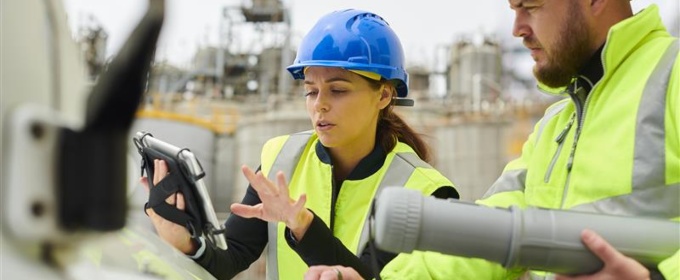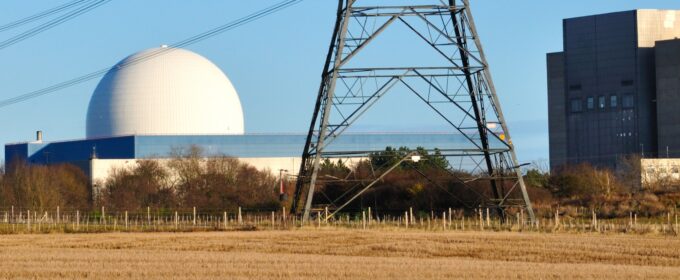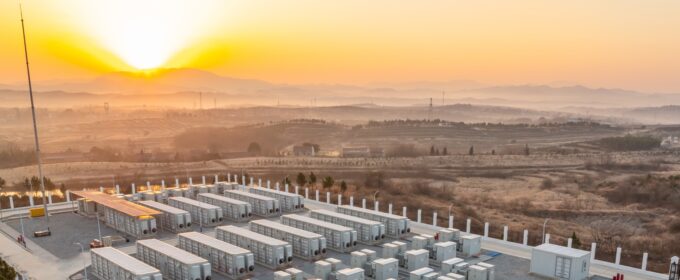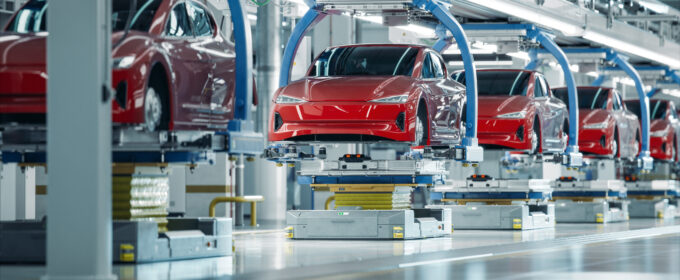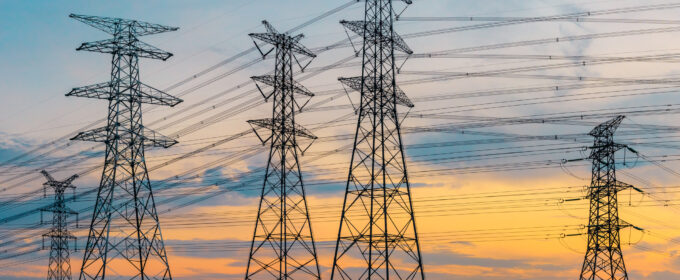The UK government has enshrined net zero into law, but if it is to meet its targets then big strides need to be made towards decarbonising land-based transport, aviation, and shipping. Unlike most land-based transport, aviation and shipping are considered ‘difficult to decarbonise’. Their long-lived infrastructure, ongoing reliance on energy dense fuels, and issues around […]

